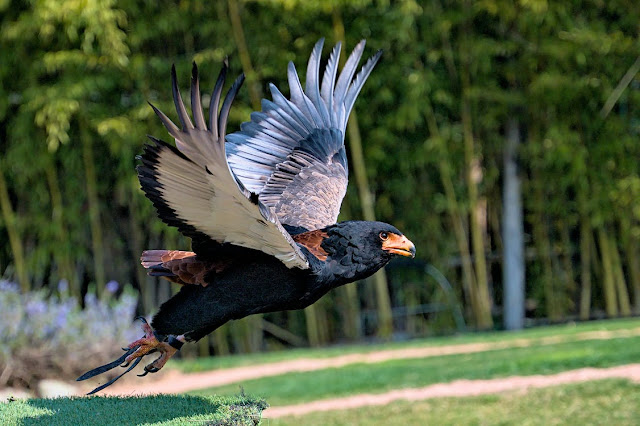Bird Panting With Mouth Open: 10 Reasons Why This Happens
Birds are fascinating creatures that exhibit a wide range of behaviors and adaptations to their environments. One behavior that might catch your attention is when a bird is panting with its mouth open. While this behavior might seem unusual, there are several reasons why birds engage in it. In this article, we'll explore 10 reasons why birds pant with their mouths open.
1. Temperature Regulation
Birds lack sweat glands, making it challenging to regulate their body temperature. Panting with an open mouth helps them release excess heat by allowing air to pass over the moist surfaces inside their mouths, facilitating evaporative cooling.
2. Thermoregulation in Nestlings
Nestling birds might pant to regulate their body temperature, particularly those in crowded nests. The heat produced by the nestlings' metabolism, combined with the insulation provided by the nest, can lead to elevated temperatures. Panting helps them cool down.
3. Stress and Fear
Birds might pant when they are stressed or afraid. This response is similar to how humans might experience rapid breathing when anxious. It's a sign that the bird is experiencing some form of distress.
4. Respiratory Distress
Panting can indicate respiratory problems in birds. If a bird is struggling to breathe due to an infection, injury, or other health issues, it may pant in an attempt to get more oxygen.
5. Feeding Chicks
Parent birds may pant after feeding their chicks. The act of regurgitating food for their young requires a lot of energy and can raise the parent bird's body temperature. Panting helps cool them down after this exertion.
6. High Altitudes
Birds flying at high altitudes, where oxygen levels are lower, might pant to compensate for the reduced oxygen supply. Panting helps increase airflow and oxygen intake, aiding their flight in challenging conditions.
7. Intense Physical Activity
Birds engage in strenuous activities like hunting, mating displays, or escaping predators. Panting can occur as a result of these bursts of energy, helping the bird recover from the exertion.
8. Handling Heat Stress
Birds in hot environments, especially those without access to shade or water, might resort to panting to cool down. This behavior is particularly common in desert-dwelling species.
9. Disease or Infection
Illnesses can cause birds to pant. Diseases that affect the respiratory system or fever-inducing infections can lead to an increased respiratory rate and open-mouth panting.
10. Moulting
During moulting, when birds shed old feathers and grow new ones, they might pant more than usual. The energy and resources required for feather regeneration can lead to increased metabolic heat.
In conclusion, open-mouth panting in birds serves various purposes, from regulating body temperature to indicating distress or health issues. Observing this behavior can provide valuable insights into a bird's well-being and its environment. If you encounter a bird panting excessively or consistently, it might be a good idea to consult a local wildlife expert to ensure the bird's health and safety.

